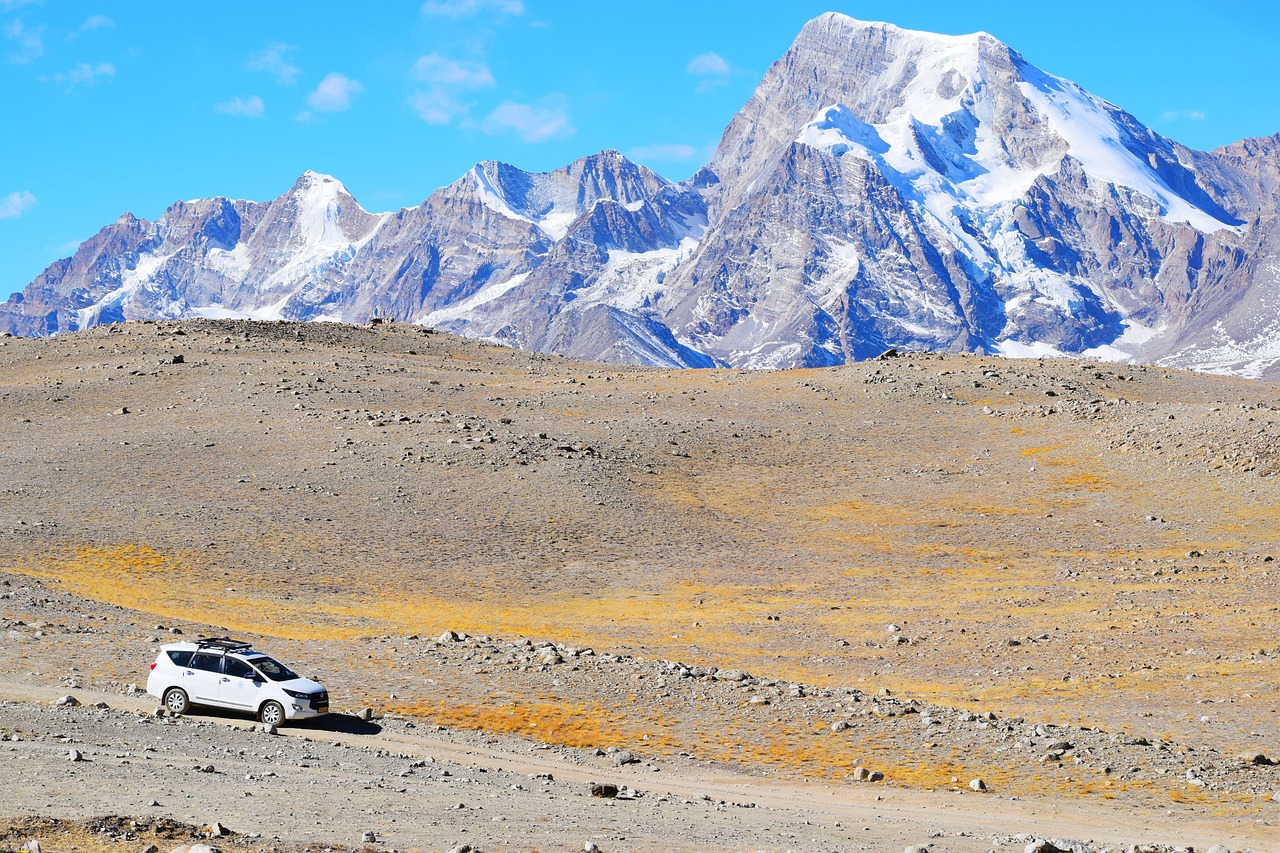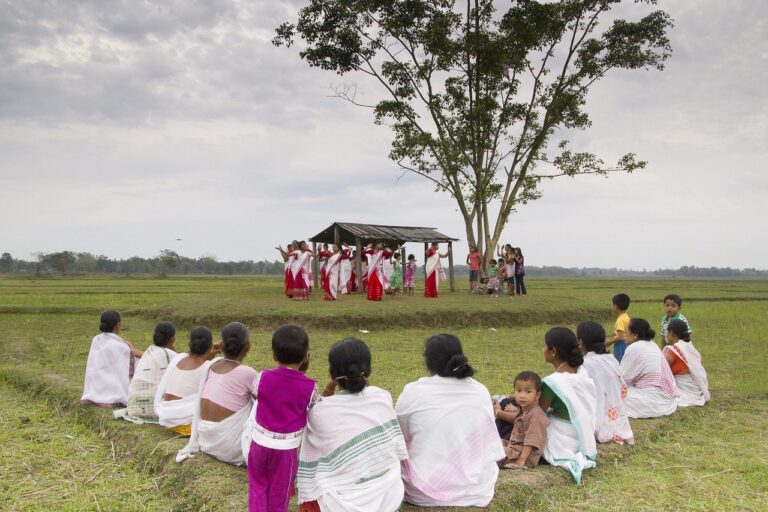Assessing Voter Registration Challenges in Rural Areas
goldbet login, tiger exchange login password, betbook247 login:Assessing Voter Registration Challenges in Rural Areas
As we approach the upcoming elections, it is crucial to delve into the challenges faced in registering voters, especially in rural areas. The process of voter registration is fundamental to democracy, as it allows individuals to participate in shaping the future of their communities and country. However, rural areas often encounter unique obstacles that can hinder voter registration efforts. In this article, we will explore these challenges and discuss potential solutions to ensure that every eligible voter has the opportunity to register and cast their ballot.
Understanding the Challenges
1. Lack of Access to Registration Sites
Rural areas are often vast, with limited resources and infrastructure. This can make it difficult for individuals to access traditional voter registration sites, such as government offices or community centers. Without convenient access to these locations, many eligible voters in rural areas may struggle to register.
2. Limited Internet Connectivity
In today’s digital age, online voter registration has become increasingly popular. However, rural areas are more likely to face challenges with internet connectivity. Limited access to reliable internet can hinder individuals from registering online, further complicating the voter registration process.
3. Limited Outreach and Education
Rural communities often have smaller populations and are more spread out, making outreach and education efforts challenging. Without adequate resources dedicated to voter registration, many residents in rural areas may not be aware of the registration process or their rights as voters.
4. Transportation Barriers
Rural areas may lack public transportation options, making it difficult for individuals without access to a vehicle to travel to registration sites. Without reliable transportation, eligible voters in rural areas may struggle to register and participate in the electoral process.
5. Language and Literacy Barriers
Some rural residents may face language and literacy barriers that make it difficult for them to understand the voter registration process. Without access to materials in their native language or literacy level, these individuals may be excluded from participating in elections.
6. Limited Resources
Rural areas often have limited resources allocated for voter registration efforts. Without sufficient funding and support, it can be challenging to reach and engage eligible voters in these communities.
Addressing the Challenges
1. Mobile Registration Units
To overcome the lack of access to traditional registration sites, mobile registration units can be deployed to rural communities. These units can travel to different locations within the area, making it easier for residents to register without having to travel long distances.
2. Outreach Programs
Implementing outreach programs tailored to rural communities can help educate residents about the voter registration process. By partnering with local organizations and community leaders, outreach efforts can be more effective in reaching eligible voters in rural areas.
3. Multilingual Resources
Providing multilingual resources can help address language barriers faced by some rural residents. Offering voter registration materials in multiple languages can ensure that individuals from diverse backgrounds have access to the information they need to register and vote.
4. Online Registration Support
For rural areas with limited internet connectivity, offering support for online registration can be beneficial. Setting up assistance centers or providing resources to help individuals navigate the online registration process can increase accessibility for rural residents.
5. Transportation Assistance
To overcome transportation barriers, providing transportation assistance to registration sites can help ensure that all eligible voters have the opportunity to register. Partnering with local transportation services or organizing carpools can make it easier for individuals without access to transportation to participate in the registration process.
6. Community Engagement
Engaging with the community through town hall meetings, informational sessions, and other events can help increase awareness and participation in the voter registration process. By building relationships with residents in rural areas, efforts to register voters can be more successful.
FAQs
Q: How can I register to vote in a rural area?
A: Depending on your state, you can register to vote online, by mail, or in person. Check with your local election office for specific instructions on voter registration in your rural area.
Q: What documents do I need to register to vote?
A: You will typically need a valid form of identification, such as a driver’s license or state ID, and proof of residence, such as a utility bill or lease agreement, to register to vote.
Q: Can I register to vote if I live in a remote rural area?
A: Yes, regardless of where you live, you have the right to register to vote. Look for mobile registration units, outreach programs, or online registration support to help you navigate the process.
In conclusion, addressing voter registration challenges in rural areas is crucial to ensure that every eligible voter has the opportunity to participate in the electoral process. By implementing targeted solutions that address access, education, and resource barriers, we can work towards a more inclusive and equitable democracy for all.







